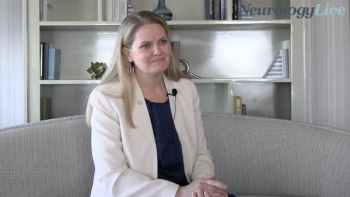
At CTAD 2025, the senior vice president of medical and scientific relations at the Alzheimer's Association talked about how structured lifestyle interventions improved blood pressure and sleep in the U.S. POINTER study. [WATCH TIME: 4 minutes]

Isabella Ciccone, Content Associate, NeurologyLive®, has been with the team since September 2022. Follow her on X @iciccone7 or email her at [email protected]

At CTAD 2025, the senior vice president of medical and scientific relations at the Alzheimer's Association talked about how structured lifestyle interventions improved blood pressure and sleep in the U.S. POINTER study. [WATCH TIME: 4 minutes]

At CTAD 2025, the chief scientific officer at the Banner Alzheimer’s Institute discussed emerging antiamyloid therapies, clinical trial insights, and treatment duration in Alzheimer disease.

Treatment with etalanetug reduced cerebrospinal fluid eMTBR-tau243 by 62% and plasma eMTBR-tau243 by 78% at 3 months in patients with dominantly inherited Alzheimer disease.

In an analysis of the phase 2a CLEAR MIND study presented at CTAD 2025, laromestrocel treatment was associated with reduced hippocampal neuroinflammation in patients with mild Alzheimer disease.

Here's some of what is coming soon to NeurologyLive® this week.
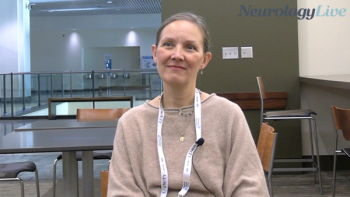
At NSGC 2025, the research director at the Clinic for Special Children discussed the clinic’s approach to accelerating the diagnosis and treatment of spinal muscular atrophy. [WATCH TIME: 5 minutes]

Take 5 minutes to catch up on NeurologyLive®'s highlights from the week ending November 28, 2025.

Over the first 3 months of treatment, over 60% of patients with migraine treated with galcanezumab attained at least a 50% reduction in monthly migraine or headache days.
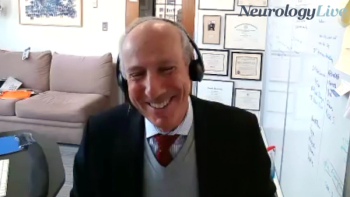
The director of the Les Turner ALS Center at Northwestern Medicine talked about his lab’s preclinical research on identifying genetic targets for neurodegenerative diseases. [WATCH TIME: 5 minutes]
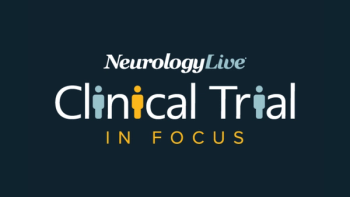
Topline results of the EVOKE and EVOKE+ studies of semaglutide will be presented at the 2025 Clinical Trials on Alzheimer’s Disease Conference, held December 1-4, in San Diego, California.
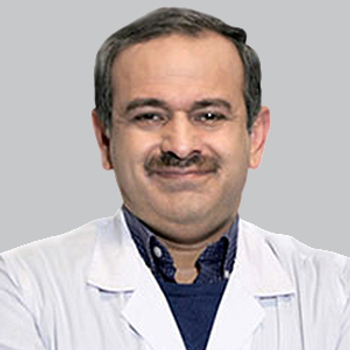
Findings revealed that vitamin D deficiency was associated with an increased risk of NMOSD in East Asian populations, whereas the effect of smoking among Caucasians and other populations was inconsistent.

Results from the EVOKE and EVOKE+ phase 3 studies reported that oral semaglutide did not significantly reduce clinical progression in patients with early symptomatic Alzheimer disease.

Here's some of what is coming soon to NeurologyLive® this week.
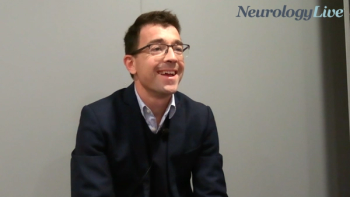
The neurologist at the Multiple Sclerosis Center of Catalonia talked about the challenges of defining seronegative in new diagnostic criteria for neuromyelitis optica spectrum disorder [WATCH TIME: 5 minutes]

Take 5 minutes to catch up on NeurologyLive®'s highlights from the week ending November 21, 2025.
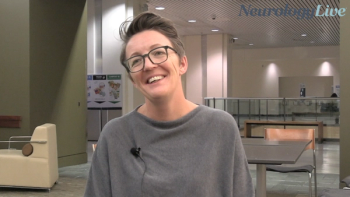
The senior director of research and real world data at Genome Medical talked about the benefits and challenges of genetic counselors adopting artificial intelligence tools. [WATCH TIME: 5 minutes]
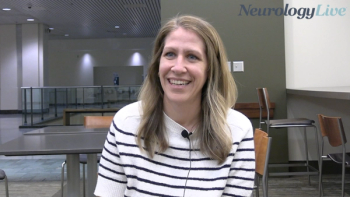
The genetic counselor in the Department of Ophthalmology at the University of Pittsburgh Medical Center talked about the evolving role of genetic counselors in guiding patients through gene therapy. [WATCH TIME: 4 minutes]

In a newly published study, researchers developed expert-driven, evidence-based, up-to-date consensus recommendations for managing neuromyelitis optica spectrum disorder in Saudi Arabia.
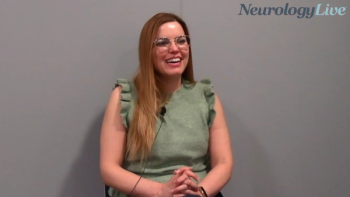
At ECTRIMS 2025, the associate professor at Pontifical Catholic University of Chile discussed global challenges in diagnosing multiple sclerosis early. [WATCH TIME: 5 minutes]

At MDS 2025, the professor of neurology at Northwestern University Feinberg School of Medicine discussed the evolving landscape of disease-modifying clinical trials in Parkinson disease.

Results of a new study funded by the ALS Association showed that the global prevalence of patients living with amyotrophic lateral sclerosis may increase by 25% by 2040.

Here's some of what is coming soon to NeurologyLive® this week.

The agency has required a postmarketing observational study to monitor safety for at least 12 months following gene therapy treatment in patients with Duchenne muscular dystrophy.

Take 5 minutes to catch up on NeurologyLive®'s highlights from the week ending November 14, 2025.
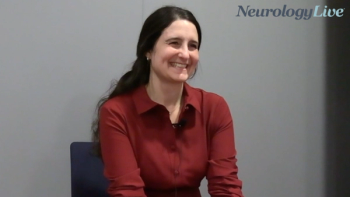
At ECTRIMS 2025, the staff neurologist at Cleveland Clinic’s Mellen Center for MS discussed developing a machine-learning tool to predict individualized risk of recurrent disease activity in multiple sclerosis. [WATCH TIME: 6 minutes]
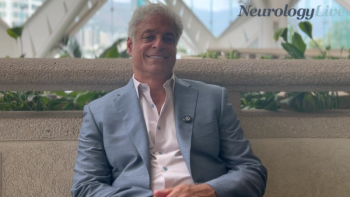
At MDS 2025, the chairman and CEO at ABLi Therapeutics discussed phase 2 results of risvodetinib, a highly selective c-Abl inhibitor, in patients with Parkinson disease. [WATCH TIME: 5 minutes]
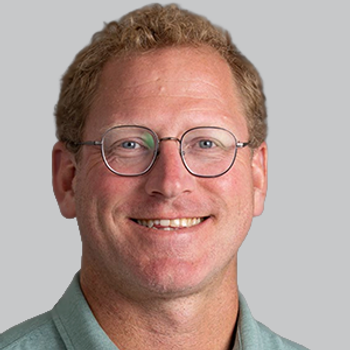
The phase 3 FORTIFY trial of BBP-418 met its primary and key secondary interim analysis end points and demonstrated a safety profile consistent with prior studies in patients with LGMD2I/R9.
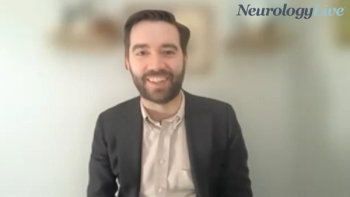
The executive vice president of public policy and advocacy at the Muscular Dystrophy Association discussed how collaboration can improve policy, funding, and care for patients with neuromuscular diseases. [WATCH TIME: 7 minutes]
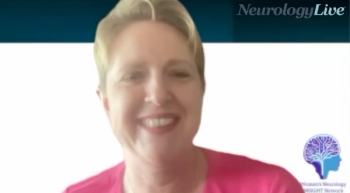
The co-founder of the Women Neurologists Group shared her experiences from the 4th Annual Women in Neurology Conference in Colorado Springs, highlighting its focus on education and wellness. [WATCH TIME: 6 minutes]

Findings from a second phase 3 trial, dubbed FENhance 1, assessing fenebrutinib in patients with relapsing multiple sclerosis are anticipated by the first half of 2026.